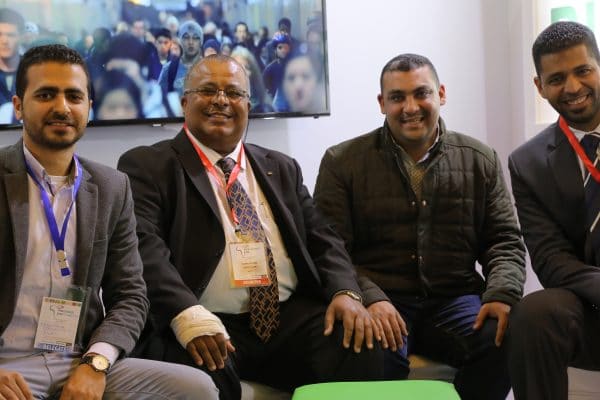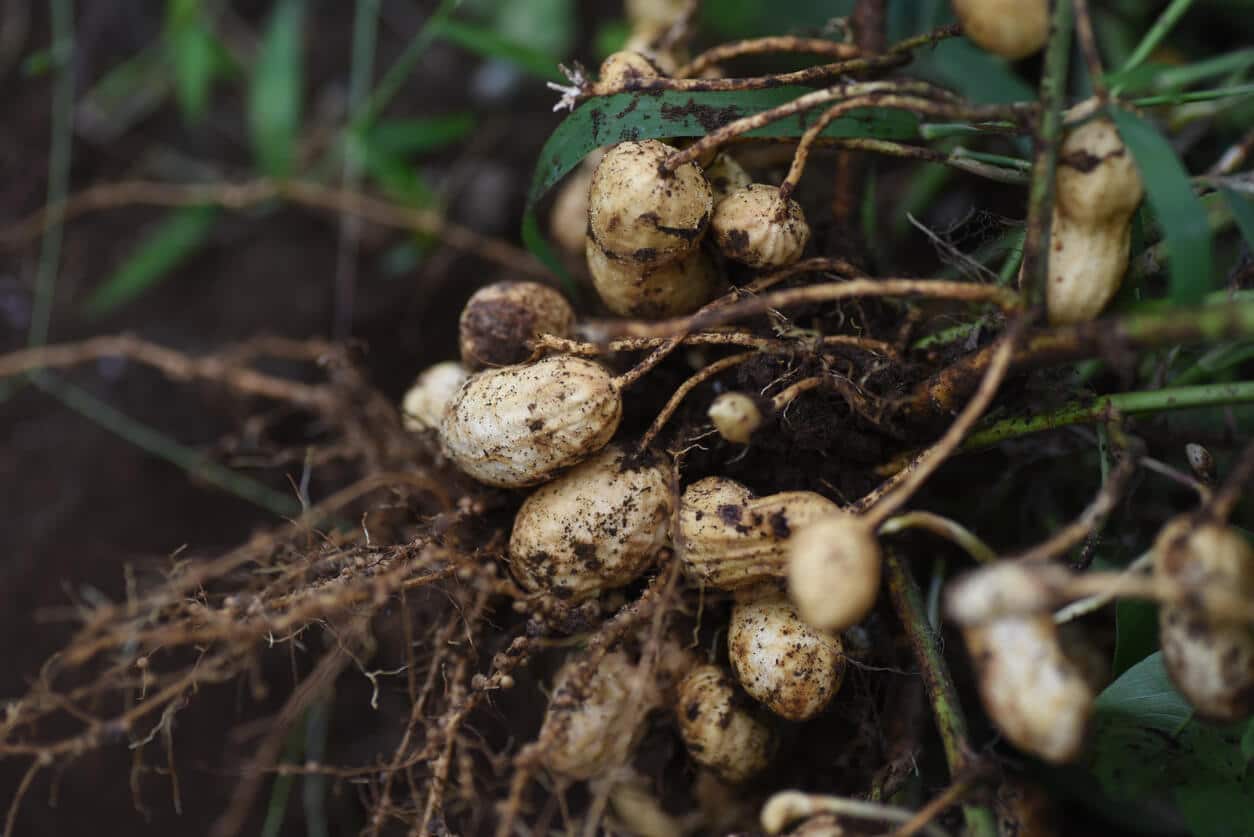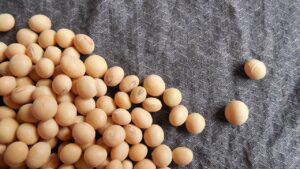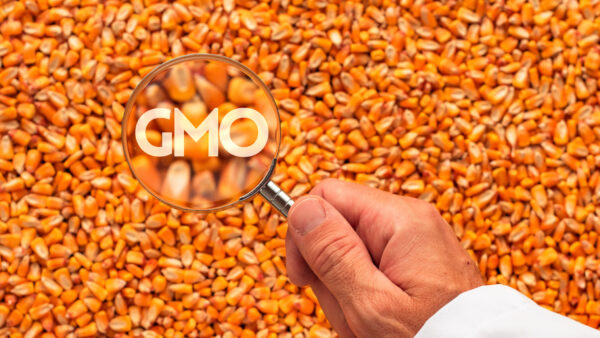Prior to the year 2000, the African continent did not have an umbrella body that could collectively be the voice of the seed industry. Something had to be done about it and hence, after several meetings and consultations among key seed stakeholders, the African Seed Trade Association known as “AFSTA” was born. Its mandate from the start was clear: to promote the seed trade in order to improve the seed supply to farmers by advocating an enabling environment to address the issues affecting seed trade at the national, regional and international level. That was 18 years ago.
Today, what began with a single soul at the Secretariat has grown with leaps and bounds, recording unimagined milestones as it possesses a large foot print on the African seed industry.
Our Management
The management is composed of the Executive Committee that comprises of the current President, the vice-president and the past president and seven board members from different geographical regions of Africa and two from outside Africa. The AFSTA Secretariat, which has six staff members is located in Nairobi, Kenya.
Given that the association operates under focused interventions, various committees have been formed. These include Communication and Advocacy (with a sub-committee on Plant Biotech Communication and Advocacy); Partnership and Member Services; Audit; Plant Breeding Innovation and West Africa – to address issues related to the African seed industry. The journey has seen AFSTA facilitate initiatives that have supported seed companies to consistently produce and trade high quality certified seed in Africa.
Charisma, they say, takes you into the house, but add credibility and it makes you stay in the house. Indeed, our credibility and consistency have worked ways for us to the top. Today AFSTA is recognized as the apex body that bears the face of African seed industry.
AFSTA’s approach focuses on working in partnership with research institutions, regional economic communities, seed experts, governments and development partners to improve access to quality seed by farmers in Africa. There is foreseen investment in the current running initiatives as well as focus on strengthening the use of quality seed for better yields.
Bringing members together
The AFSTA annual congress has remained a key annual event on the calendar of the African seed industry, offering unique opportunities for enhancing existing business relationships and creating new ones. It has also remained a major networking avenue for members and non-members. The congress provides an avenue for the members to meet and share experiences on what they do at the national seed trade association in a meeting known as ‘Seed Companies Meeting’.
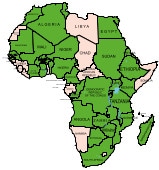
Further to that, the Annual General Meeting is held within the precincts of the Congress where plans and budgets for the next 12 months are discussed and agreed upon. Here the audited financial report is discussed, and all issues resolved paving way for the upcoming years’ expenditure. It is AFSTA’s deliberate purpose to bring together, each year, colleagues, business partners, suppliers, mass media, customers and connections from other industries that orbit around and have complementary relationships with the seed industry. Congresses in AFSTA have therefore become an important rendezvous to clinch concrete business deals and this has formed the bedrock of our congress. Through the congress, we have been to nearly every region of Africa during the eighteen years of AFSTA’s existence.
Membership
Currently, AFSTA has a membership comprising of 26 National Seed Trade Associations (NSTAs), with an individual seed company membership of about 115 in total. These members come from all over the world. Africa alone is said to be home to nearly 500 seed companies.
Partnerships
AFSTA’s 2017 – 2022 strategic plan is a blueprint for improvement in the provision of member services with a priority focus on promotion of Plant Breeding, Intellectual Property Protection and Advocacy on removing seed trade barriers. AFSTA seeks to build on COMESA’s success of Harmonizing Seed Trade Regulations and expand this regionally.
“We aim to strengthen partnerships with Global Seed Industry Players such as ISF, APSA, ESA and ASTA, National Seed Associations and NGOs. Not to be left behind are regional institutions such as African Union, COMESA and CORAF,” says Mr. Denias Zaranyika, immediate past President of AFSTA from Zimbabwe.
On Biotechnology
AFSTA has been at the forefront of negotiating with various seed stakeholders and regulators to allow for biotechnology adoption under clear biosafety systems. The association applauds various efforts being undertaken by governments to address issues of food security, but more needs to be done. A case in point, and which needs more partnership, is the fact that we continue to witness Africa quietly changing the course of genetically modified crops field testing by giving conditional approval for crop trials as most countries on the continent now see the use of science, technology and innovation as a vehicle to achieve food security for the increasing population. We urge governments to work closely with researchers to ease the process of scientific approvals of such new technologies.
From our work with various national seed associations over the past seven years, farmers and a majority of seed companies support biotechnology. In Malawi, as a case in point, the Seed Trade Association of Malawi (STAM) has continued to throw its weight behind ongoing calls by researchers to the government to commercialize genetically modified foods in the country. They say the technology is crucial to help farmers deal effectively with pest attacks and the impact of climate change which will help accelerate the development of the agricultural sector.
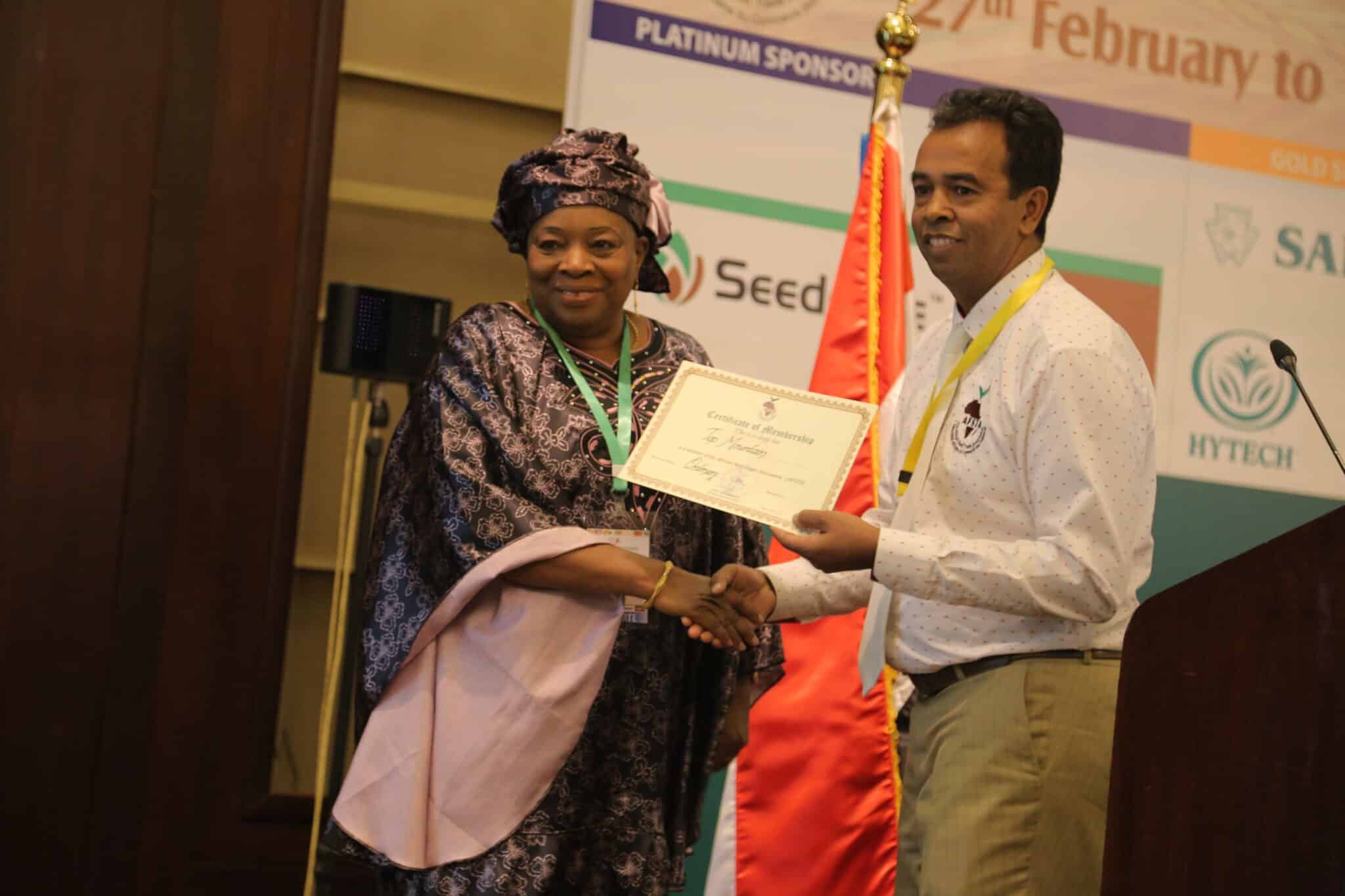
AFSTA member.
In Burkina Faso, scientist Dr Adama Neya, who works at Farok-Ba Research Station, noted that in listening to the seed companies, he is confident that what they want to hear are two things: when will the GM cowpea be available to them; and, for how many years will the cowpea technology be in use before a new one?
In the words of Jonas Yogo, the immediate past President of the Burkina association, the wait for the relevant GM seeds cannot be postponed. The standpoint of these two west African countries, largely represent the views that farmers and seed companies hold in Africa from AFSTA’s one on one experience with this lot.
Special Interest Groups of AFSTA
As it were, AFSTA is obliged to offer service to its members and the establishment of the Special Interest Groups (SIGs) was a step towards members’ service. It was gratifying to see AFSTA members embrace overwhelmingly the SIGs initiative, on its launch five years ago, with the registration of the first 30 members.
The formation of two active Special Interest Groups on “Vegetables” (SIGV) and “Field Crops” (SIGFC) to address issues on these two crop groups has been a major achievement at AFSTA.
Today, SIGs membership has grown to 100 members and the upward trend continues. This growth is in itself a huge achievement seen in terms of numbers, but also in terms of the increasing number of requests from members and not just on issues of common interests to be addressed by the SIGs.
The platform offers members a place to share knowledge, experiences, provide solutions to problems and network widely on issues pertaining to the trade of seeds of crops of their interest.
The SIGs bring together AFSTA members with focus in specific crops to identify and recommend solutions to issues that impact the seed trade in Africa and beyond. Over the years we have witnessed stakeholders share seed trade knowledge and experiences that have contributed significantly to seed business opportunities and solutions to critical trade issues on the continent.
Apart from that, identification and facilitation of specific relevant seed research areas desired by our members has formed the crux of our very existence. Such kind of interactions often yield leveraging and influencing of policy change for better trading environment through group action. We are proud of the fact that some of our members share non-exclusive seed information for the benefit of their work.
In order to ensure consistency and quality, AFSTA has established two effective steering committees to spearhead the activities of each of the Special Interest Groups. Upon formation, each group elected a steering committee to spearhead activities of common interest presented by members, and report back to members in the annual meetings held during the AFSTA congresses. Issues of common interest to the Field Crops Group have over the years been on management of Maize Lethal Necrosis Disease in East Africa, addressing climate change and its impacts on the seed industry, biotechnology concerns in Maize, Cotton, Soya Beans, etc., and phytosanitary concerns in seed movement have also tended to shape discussions of this group.
The Multilateral System (MLS) and the Standard Material Transfer Agreement (SMTA) on access and benefit sharing (ABS), under the International Treaty on Plant Genetic Resources for Food and Agriculture (ITPGRFA), have also been a key concern for this group. Add to it low adoption of seeds of improved varieties, market attraction of sorghum and millet plus slow variety release processes in various countries, then you have an almost full plate of issues to tackle.
Time and again, the group has raised concerns regarding plant variety protection with international bodies such as ARIPO, OAPI and UPOV. The work of Africa regional trade blocs, especially in facilitating seed trade, has been at the core of this group’s menu. There is discomfort raised over the slow implementation of regional harmonized seed trade regulations. Last but not least, challenges on achievement of improved varieties’ potential by farmers is still in the conversation of the SIGFC.
Like their counterparts in the field crops, the SIGV is out to slay issues around inadequate quality seed availability and production issues both biotic and abiotic. The vegetable seed sector in Africa is in its infancy but growing, and the growth requires fast tracking to meet the high demand for vegetables on the continent. Postharvest management and marketing form a pair of problems to be addressed urgently as well as trade ethics and arbitrations. Further headache comes from hazardous contaminants and food preparation methods. Africa vegetable seed market analysis in terms of value and trend also is critical to the industry. Stakeholders’ involvement and interests are close to the heart of the SIGV membership. The group seeks to collaborate with all relevant vegetable stakeholders to come up with the appropriate regulatory framework that allows for safe and efficient vegetable seed trade in Africa.
Relationship with Europe
Last year, AFSTA and representatives of the International Seed Federation (ISF), joined a global forum to present its members’ views on the future direction of the ITPGRFA. This Seventh Session of the Governing Body of the ITPGRFA was hosted by Rwanda in Kigali, from 30 October – 3 November 2017, and brought together 144 member countries, observer nations, farmers’ groups, NGOs, experts, and other international organizations.
All countries in Africa are already contracting parties to the Treaty except South Africa, Botswana, Mozambique, South Sudan and Somalia. Countries are also required to take measures which will protect and promote “Farmers Rights” on traditional knowledge associated with plant genetics resources and will need to promote farmers to participate in decisions directly related to genetic resources. These “farmers’ rights” also intend to ensure that farmers are the beneficiaries from the conservation and sustainable use of genetic resources.
Seed companies in Africa are aware of the need to engage with other stakeholders on establishing commercial and non-commercial benefits arising from access to genetic resources. Access and Benefit Sharing is under discussion in Africa and seed companies need to engage with stakeholders to arrive at amicable agreement towards voluntary benefit sharing.
Other Milestones
The fact that we have continuously undertaken to execute strategic plans in the past is a clear indication that we know what we want to achieve in a planned manner. Take the case of our 2017-2020 strategic plan. In this document, we focus on:
- Advocacy on removing seed trade barriers;
- Enhancing the harmonized seed regulations in the Regional Economic Communities (COMESA, SADC, ECOWAS and EAC);
- Strengthening partnerships with national seed trade associations, global seed industry players such as the International Seed Federation (ISF), the Asia Pacific Seed Association (APSA), the European Seed Association (ESA) and regional institutions.
- Intellectual Property Rights
- Plant Breeding Innovation
We can now boast of consistently producing The African Seed Magazine since 2014, which goes a long way to underline our commitment to keep our members informed on the happenings in the local and global seed sector. AFSTA, through this magazine, seeks to promote Africa wide awareness and action for those who suffer from hunger and for the need to ensure food security and nutritious diets for all. We seek to work with policy makers to strengthen agricultural policy processes in Africa; improve agricultural value chains and enhance information and communication within the continent.
“It is immeasurable visibility of AFSTA’s work especially to us as national seed trade associations,” says Augusta Nyamadi, when asked to evaluate the importance of the magazine in her work as the CEO of National Seed Trade Association of Ghana.
The magazine not only provides information on seed issues but also raises the vital voices of the seed sector players in Africa.
Given the huge recognition of our work, AFSTA is often invited and involved actively in key seed meetings to make the voice of African seed industry seen and heard, which include e.g. participation in international congresses such as the ISF Congress among others.
Our seven-year consistent and strategic partnership with CropLife International (CLI) to conduct sensitization and awareness creation on biotechnology in Africa has served to help African seed companies discuss and adopt biotech in the face of progress towards commercialisation of GM seed in the continent.
Our good relations and partnership with the World Vegetable Centre has yielded into the setting up of “Africa vegetable breeding consortium” to facilitate access to germplasm.
Tackling Challenges impacting the African Seed Sector
In the words of our immediate past President, Denias Zaranyika, “Africa is the growth continent hence seed companies must position and align themselves to this growth”. However, Africa remains the net importer of seeds – AFSTA seeks to address this scenario to facilitate increased inflows of foreign currencies in Africa.
Zaranyika adds, “This continent needs to take up and adopt new technologies like yesterday. AFSTA membership must continue to invest in farmers and in technologies that give them the best seed – which are drought and insect-pest tolerant.”
“Focus should be on building the capacity of NSTAs as the mouth piece of the seed sector at the national level. Belonging to AFSTA is a rewarding adventure hence there is need for those countries – and they are 27 in number – which are not yet on board at AFSTA, to join us to add more voices to the cause of the seed sector in Africa. A united front will yield into working together to cobble solid plans and help source funding that will support growth and expansion of seed associations.”
Next steps
According to AFSTA President, Riadh Gabsi of Tunisia, for the association to scale the heights of success, there needs to be continuous advocacy for the harmonized seed regulations in the Regional Economic Communities of the Common Market for Eastern and Southern Africa (COMESA), the Southern African Development Community(SADC), the Economic Community of West African States (ECOWAS) and the East African Community (EAC).
In the coming months, AFSTA hopes to take a lead role in vouching for plant breeding innovation in Africa.
Enhance communication with our members through our tools of communication such the African Seed Magazine published annually to specifically ensure our members are informed of current challenges to seed production such as climate change and the fall army worm.
Other issues include helping to escalate our partnerships with key organisations such as CropLife International (CLI), WorldVeg, etc. even as we advocate for a better trading environment for our membership.
As already demonstrated, enhancing the activities of SIGs, which address issues on these two crop groups, remains our key agenda at AFSTA.
Finally, we are open to future collaborations and partnerships which seek to improve the fortunes of seed trade in Africa and beyond because we believe in the African saying that if you want to go fast, go alone but if you want to far, go together.
Editor’s Note: Aghan Daniel is Communication Officer atthe African Seed Trade Association (AFSTA) and can be reached at daghan@afsta.org


